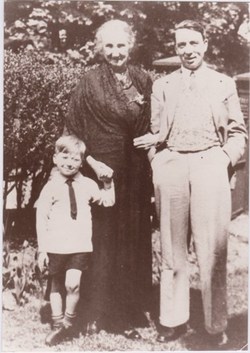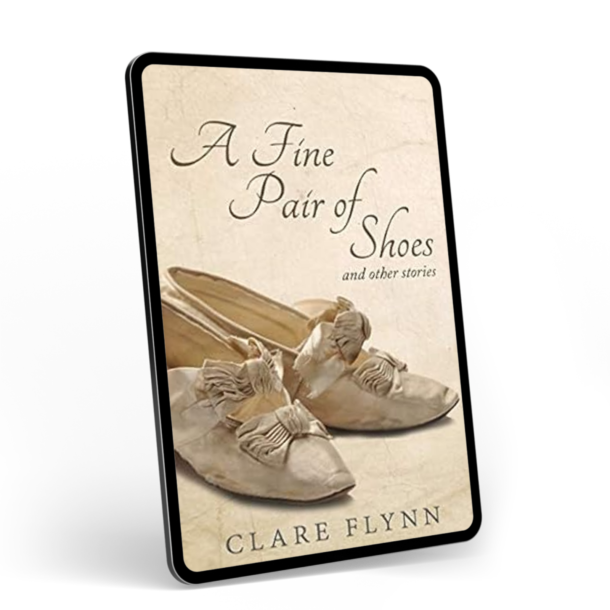My first job after university was in the civil service, where I managed the financial affairs of mental patients under the Court of Protection. As a newbie, my caseload was entirely made up of war pensioners – most of them survivors of World War 1. These were viewed as the easiest cases as they were all in institutions – this was before the huge Victorian mental asylums were closed down – and had no complications on the property, family or investment front, as most had never worked other than serving their country during the Great War.
The only thing they had was a pension that was generous relative to their needs. Sadly their needs were evidently judged to be non-existent. The only claim on the weekly war pension was a monthly payment for “extra comforts” – usually a fixed sum of miserly proportions even for the 1970s (£1.20 a week I think). I can’t imagine it would have kept them in tobacco – hardly enough to make their lives more comfortable. Instead their pension money was reinvested following strict guidelines – usually straight into National Savings. Most of these fellows had never married – off to fight very young – so if they had anyone to inherit the years’ accumulated pension it was often very distant relatives who had never known them, much less visited them.
 These chaps were suffering the ongoing after-effects of shell-shock and other post traumatic stress. The solution then was to shut them away and forget about them, consciences salved by the size of the pension, which was higher than a standard retirement pension, and tax free. I can’t remember any of their names now – it was nearly 40 years ago – but it was awfully sad that there was no attempt to rehabilitate – at least as far as I knew. When I watch the war commemorations I think of them – they may have cheated death on the battlefield – but for what?
These chaps were suffering the ongoing after-effects of shell-shock and other post traumatic stress. The solution then was to shut them away and forget about them, consciences salved by the size of the pension, which was higher than a standard retirement pension, and tax free. I can’t remember any of their names now – it was nearly 40 years ago – but it was awfully sad that there was no attempt to rehabilitate – at least as far as I knew. When I watch the war commemorations I think of them – they may have cheated death on the battlefield – but for what?
My own grandfather served in WW1 with the Royal Army Medical Corps in Flanders and came home safely, married and had five children. I’ve read his letters, including one sent from Prussia in 1918 after the Armistice and a short story written about the war when he was in Belgium. His post war letters are mostly cheery, humorous, generous, but there is an undercurrent which sometimes surfaces. Post war life was not easy, with constant worrying about wage cuts (he was a schools’ inspector) and where the next meal would come from. Like most men returning from WW1, he apparently never talked about the war or his experiences there, but his death less then 20 years after the war ended probably traced to an illness he first contracted in the trenches. That’s him in the picture, with his mother and my uncle, taken not long before he died in 1937.
Michael Winterbourne, in my novel A Greater World is also a survivor of World War One. He too is reluctant to talk about what he experienced himself. The war fills him with a restlessness, an itch he has to scratch and creates a distance between him and his fianceé that subsequent tragedy pushes further apart


0 Comments